Tip of the Month: Swimming and Sprinkler Danger For Dogs? Who Knew?
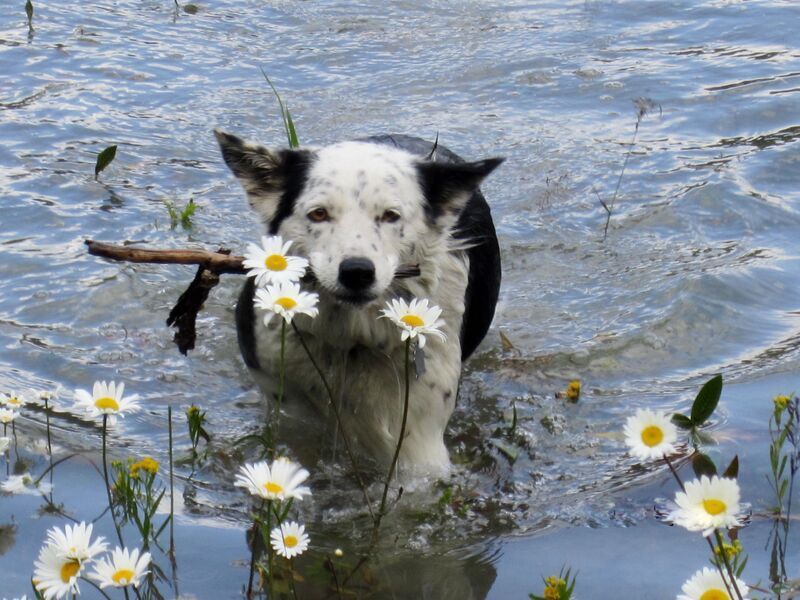
Does your dog love to jump and bite at the water hose or sprinkler? Is your dog possessed with biting at balls or sticks while swimming?
Some dogs are very driven to attacking water from a spray source while others 'fish' for anything while swimming and diving. Most people think it's hilarious to encourage water fun for the dog and think it's a safe way for a dog to get cool and refreshed - how can that be dangerous? Many dogs however are actually anxious, afraid, stressed and often seen trying to aggressively attack the water out of habitual patterns, whilst struggling and panicing for air as they take in copious amounts of fluid. What is even more important to realize, is the possible real danger of having water quickly gulped down the wrong pipe and literally drown your dog!
It only takes one teaspoon of inhaled water for a dog to drown as the result of water getting trapped in the lungs. Your dog can inhale the water from the hose or the lake while swimming and potentially develop aspiration pneumonia. Depending on the level of bacteria in the source of the water, this condition can errupt with infection and get complicated to treat. Another sudden emergency to watch for is a condition called 'dry drowning', caused when excess water is quickly forced into the lungs not allowing air to pass. A dog with this condition can literally drown within minutes, hours or even days.
Affects to watch for are: stumbling, taking a wide stance on the front legs while choking, coughing, drooling, shaking, vomiting, taking slow dazed movements. They may show difficulty breathing, open mouth panting, rapaid heart rate, skin and gums change either pale or purple – all of these are symptoms of grave concern and if extreme or ongoing are clear causes to contact your vet quickly.
Dogs in respiratory distress must be cooled quickly or else they really can suffocate. The best thing to do is to take them to a quiet shady place or somewhere with air conditioning and make them lie down. This could be difficult as your dog could begin to panic as breathing becomes harder. Be sure to remain calm so you don’t stress out your dog and make the situation worse.
If your dog's breathing returns to normal it is still a good idea to schedule an appointment with your vet for any after affects of it's respiratory distress. Alternatively, if your dog's breathing continues to labour after a reasonable amount of rest time, you should take it to a veterinarian or emergency animal hospital to be treated.
So ...short version...the next time your dog goes goofy trying to attack the hose or bite at the water spray, put your thumb over the hose end and just spray their body gentley, play chase the spray, rather than allow them to gulp and ingest the actual water directly. For the avid swimmer dogs, be sure to use floating objects and don't encourage them to dive. Give them more breaks from swimming than some dogs would prefer, to keep them from getting fatigued or breathing with desperation amidst all their excitement. Other than those guidelines, I wish you and your dogs a wonderful and safe refreshing summer!
For more dog health and training tips, visit Ask The Trainer. Ask me about dog-owner training today as well!


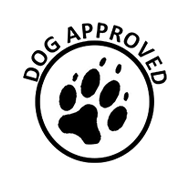
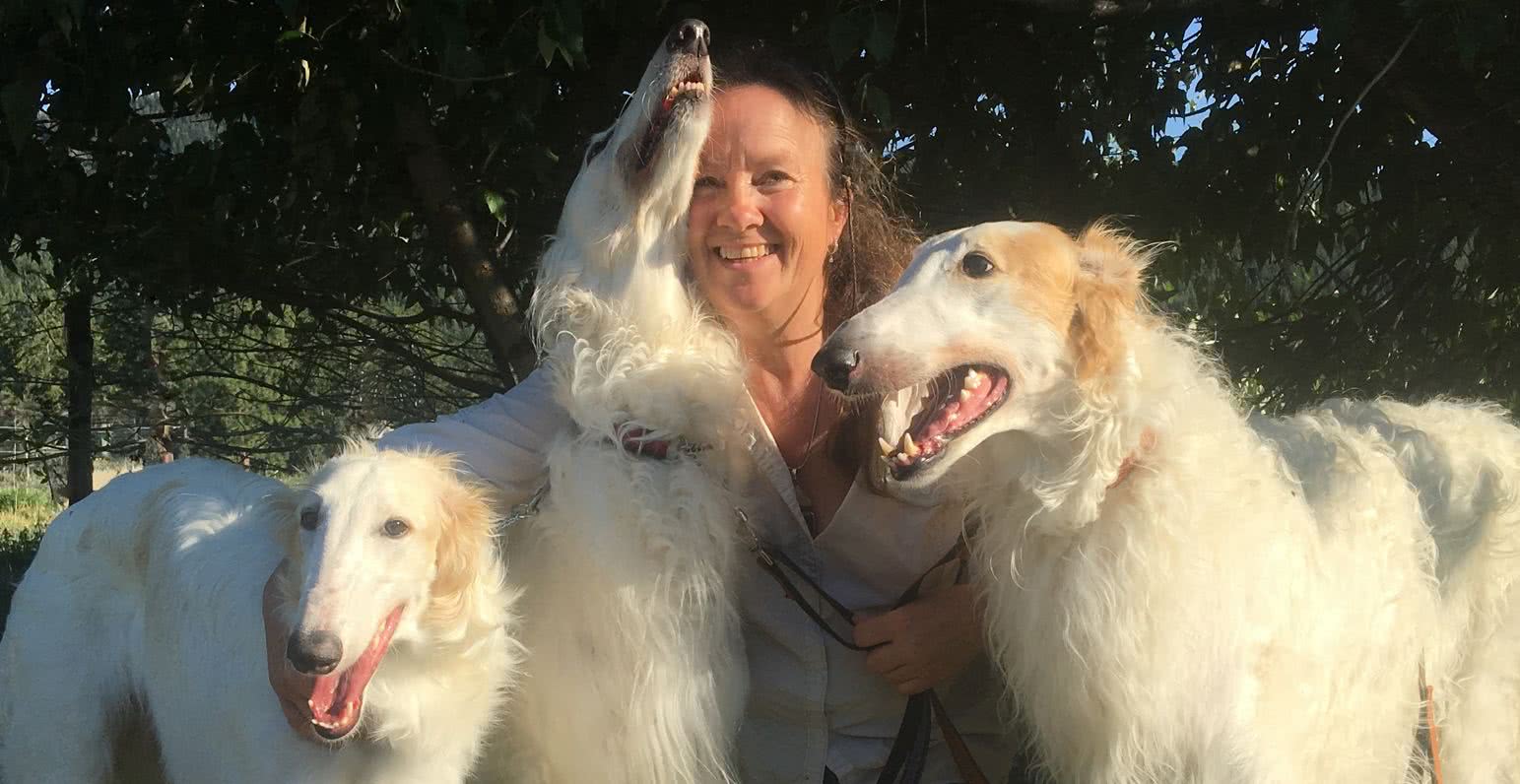
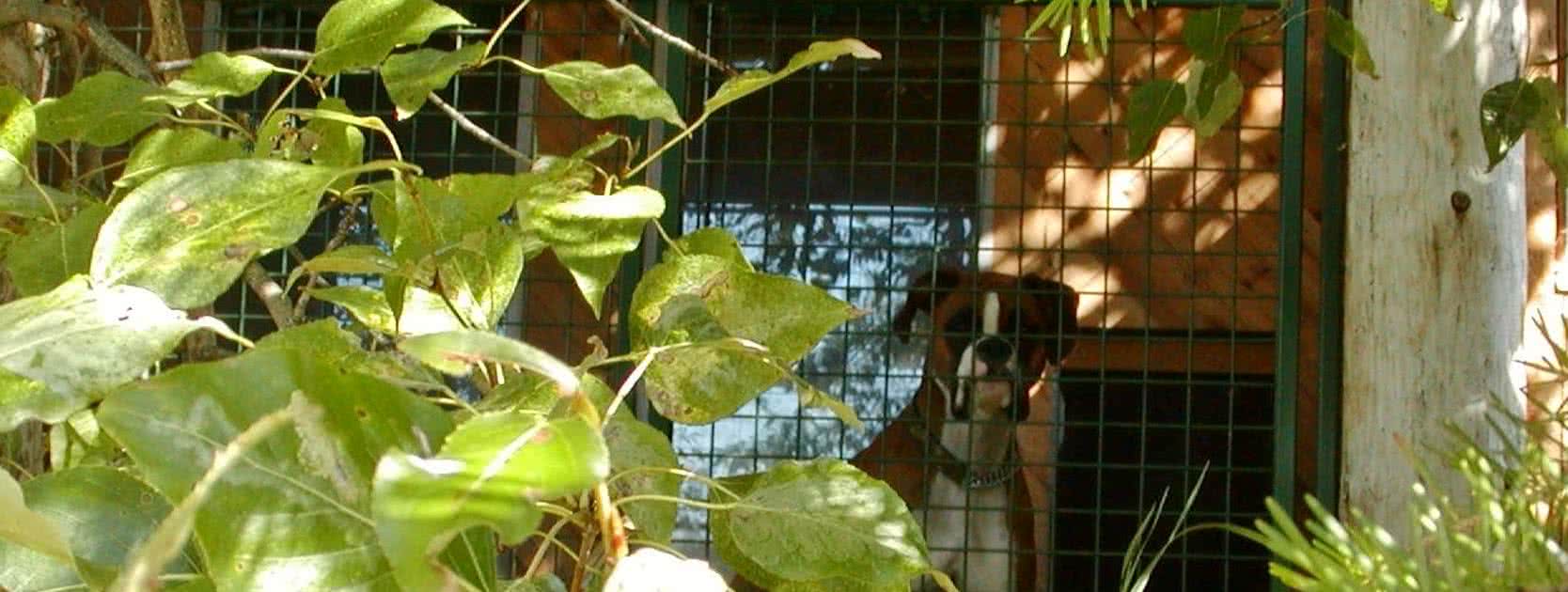

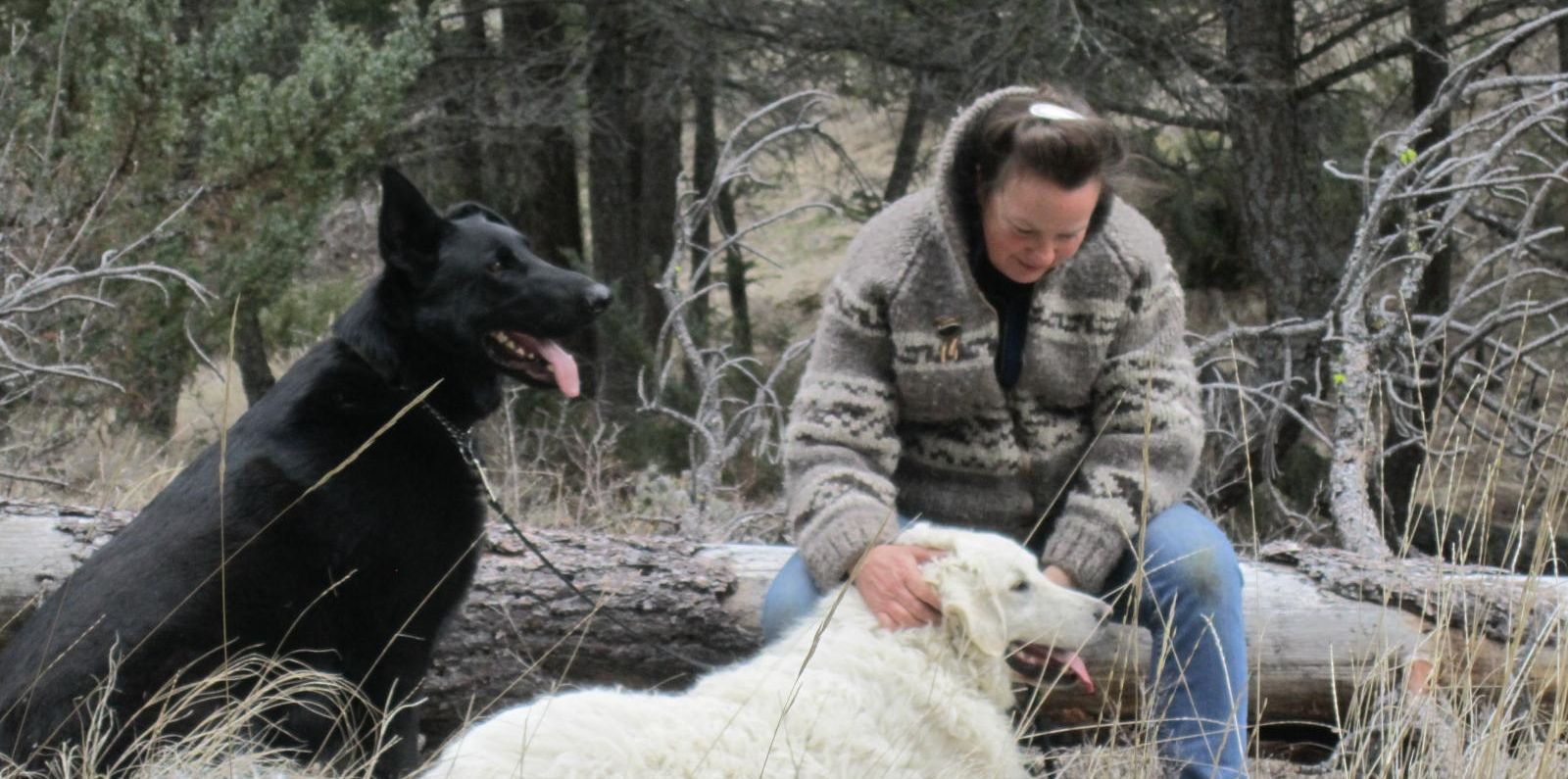
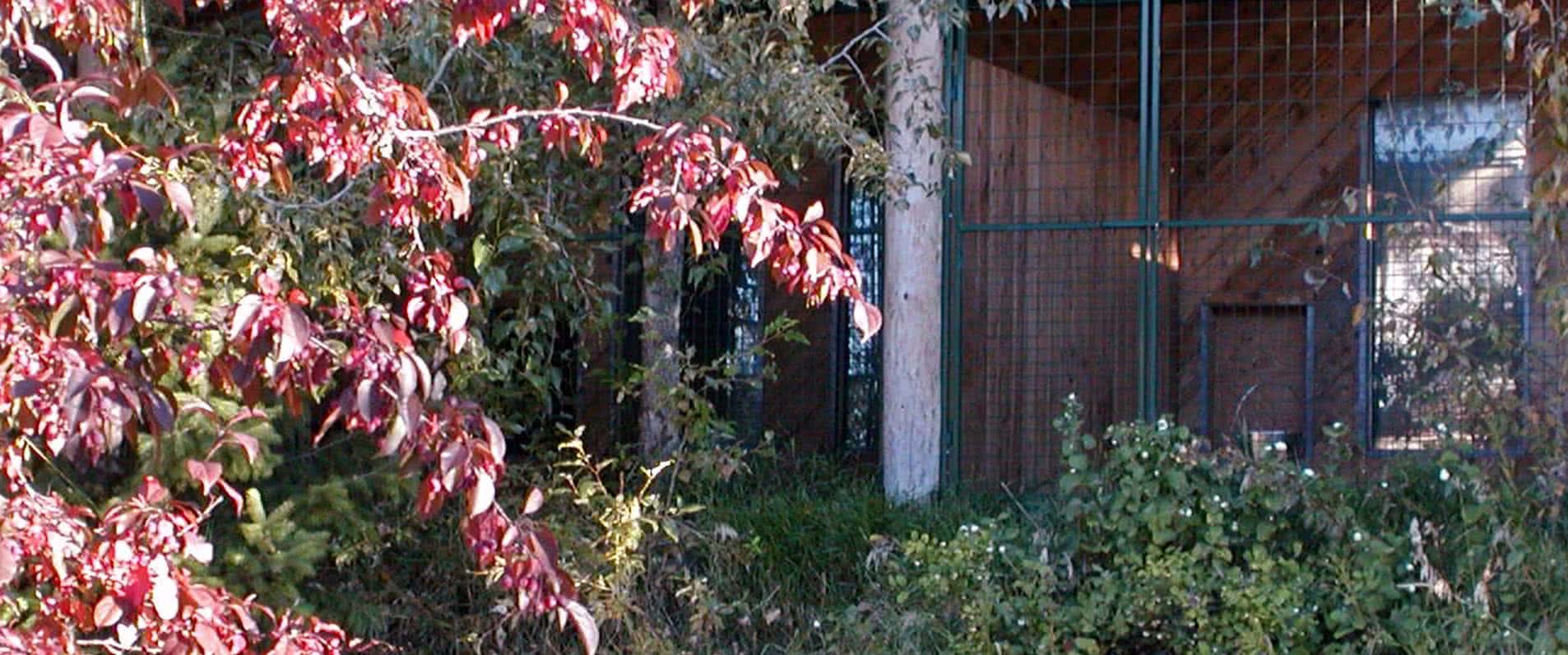
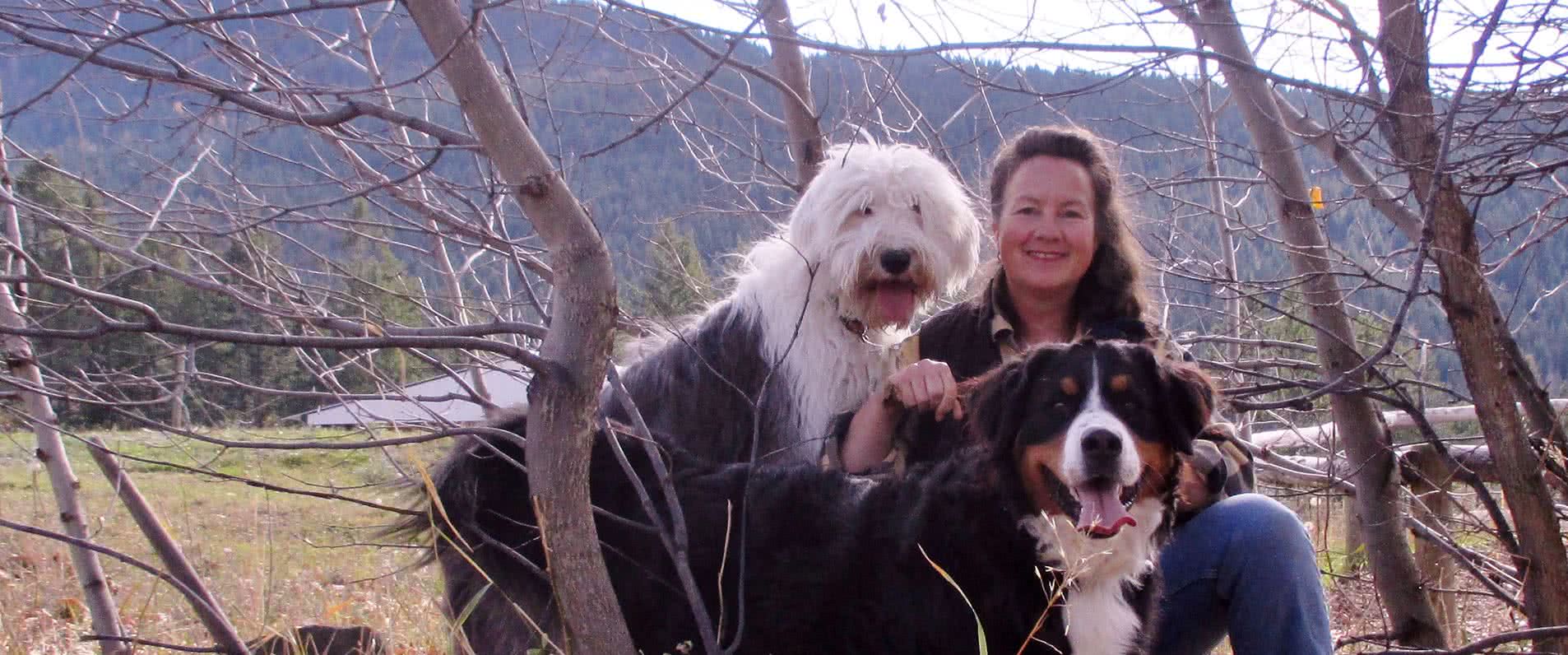



 Contact Form
Contact Form